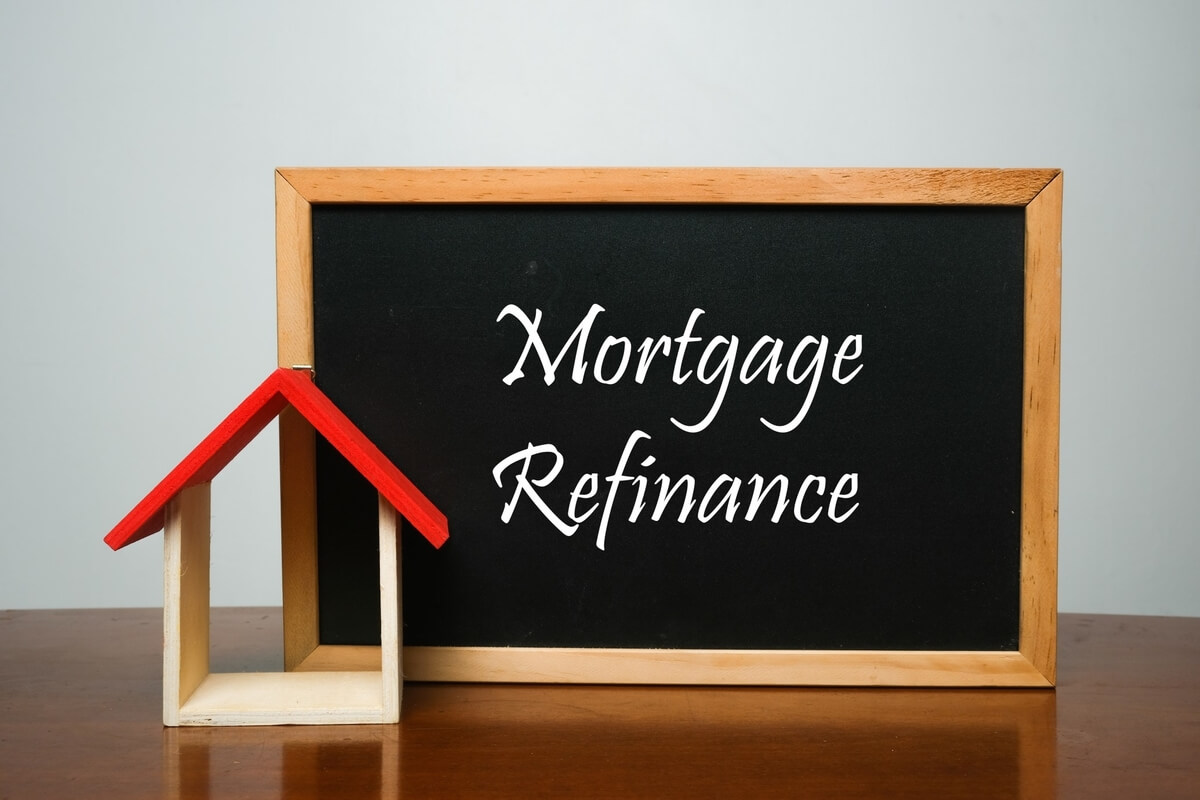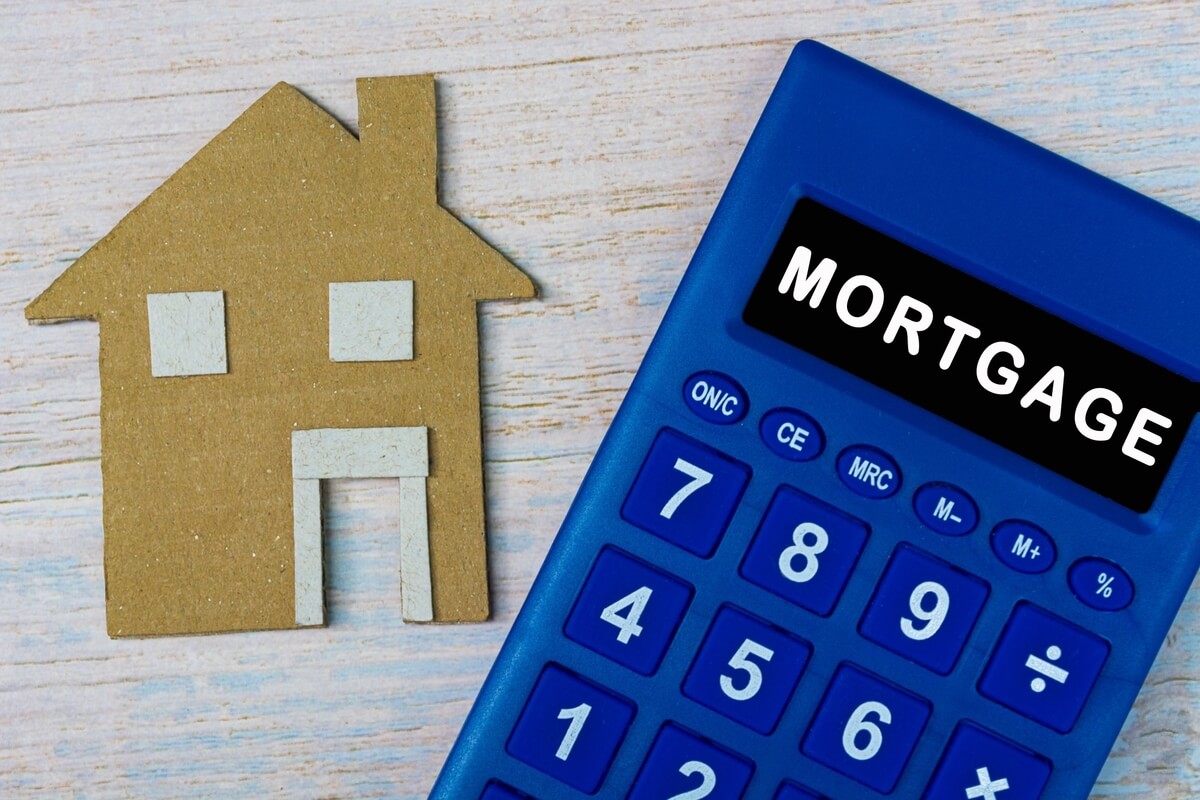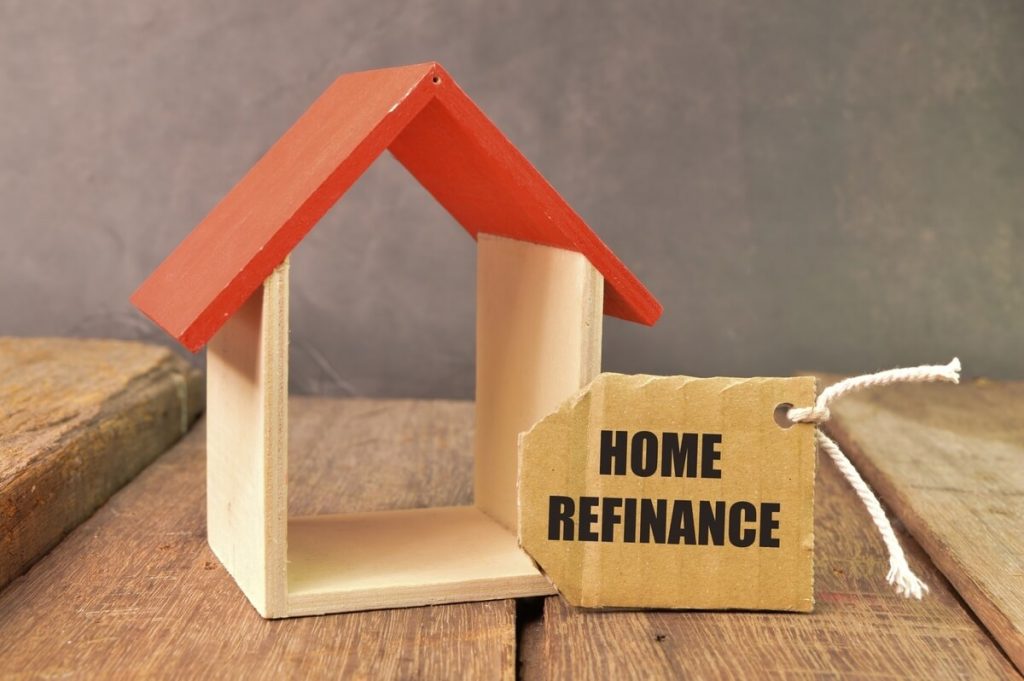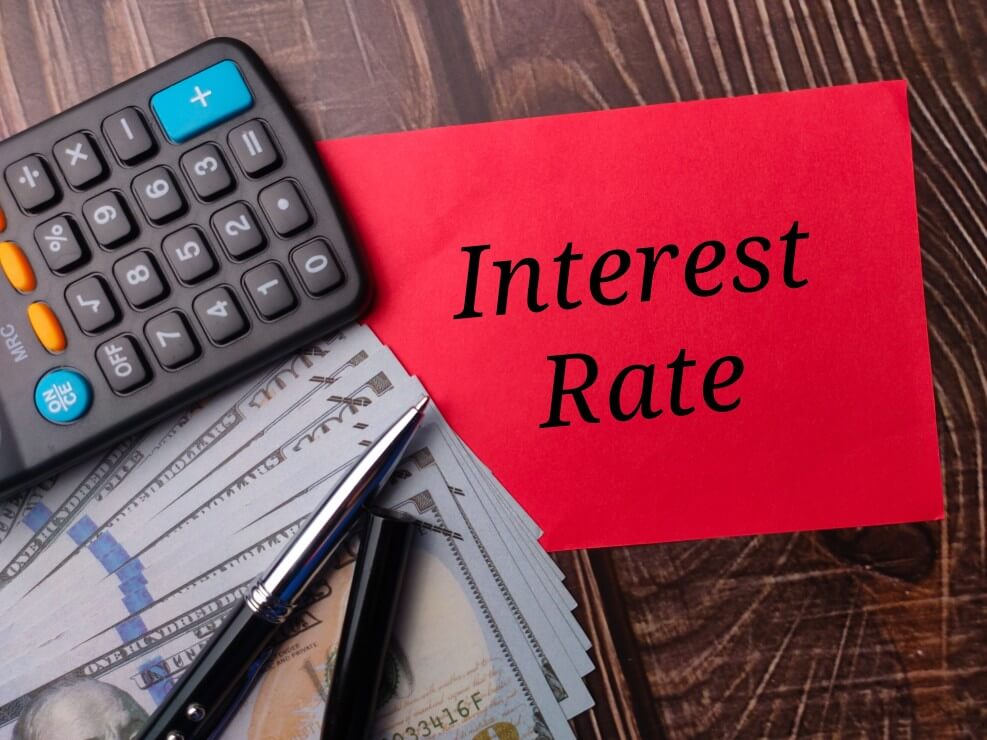Debt consolidation can be an effective method of making your debt repayment more manageable. You wouldn’t be the only one with debt hanging around your neck. It is a Canadian thing, with the average Canadian debt ratio shooting above 70%. This is a remarkable departure from how things were 20 years ago.
Debt consolidation is the combination of the amounts you owe into one. This includes credit card debts on multiple accounts and other personal loans. So, instead of keeping up with multiple debts, you only focus on repaying a single debt.
You can consolidate yourself through different means depending on your choice or whether you have a property. If you have a home in Canada, you can use a mortgage to consolidate your debt. However, many Canadians find debt consolidation confusing, but you are lucky; by the end of this post, you will know everything about it.
What is Debt Consolidation
Essentially, this is when you take a large loan to replace and pay off your smaller loans. This large loan will allow you to pay your loans at a go.
So, instead of focusing on additional payments such as credit card payments, auto loans, and other personal loans. The new loan has a better interest rate than your previous loans if you are lucky. So, you get to repay the loan, and you will pay it cheaper.
One of the hallmarks of an efficient financial system is that it provides people with the ability to live above their means when the need arises.
The Canadian financial system is pretty efficient, with different loans to help people with what they need. Sometimes people need more than they can afford at that moment, and as such, they take different loans to meet up with obligations.
Debt consolidation is a way to ensure the easy repayment of these loans as you will be able to combine all you owe.
To consolidate, you have to be smart about it. You have to make sure to have a payment plan that you will follow. Asides from having a plan, there are other things that you have to note.
Things To Note about Debt Consolidation
Let your Debt Consolidation Loan Have Lower Interest
A debt consolidation loan should make repayment easier and not burden you. If you can afford it, consult a financial advisor or planner to review the debt consolidation loan you want to get.
If you can’t afford it, you have to read the terms and conditions of the loan carefully. Focus on the interest rate, fees, and duration.
Consult an Expert to Draw a Plan for You
In this situation, the advice of a financial planner or advisor can be crucial. They will use their experience to develop a plan to make repayment easier.
The expert will help you draw a budget, amount to repay monthly, and plan b for when you suffer income challenges.
Above the Monthly Fee
If you don’t want to deal with a financial advisor or planner, you should be doing. Pay above whatever your lender has set as your minimum fee. This will allow you to make your payment faster and easier. Also, it helps you keep up if you have income challenges.
Have a Payment Plan B
When consolidating your debt, you have to plan for all eventualities. One of such eventualities is a challenge to your income. So, to prevent this, pay above the minimum when you can. Also, make other plans when you can.
Different Ways to Consolidate Your Debt
You can consolidate your debt in different ways. Some of these ways could involve using your mortgage. Below we have treated these different ways. Read and choose the one that best fits you.
Debt Consolidation Loans
These loans help you combine all your loans into one you obtain from a credit union, bank, or other financial institution.
You can use this loan to complete your unsecured and secured debt payments. Getting a lower interest rate for your debt consolidation loan or even getting the loan depends on your collateral.
You can have different collateral, but your home is the best to help you get a lower interest rate. Also, your credit score is an added advantage. Institutions could only need you to have collateral or a good credit score. Sometimes they could require both.
It is not compulsory to use your home as collateral, but as we have said, it could be essential to get you a cheaper interest. So, if you don’t want to use your home as collateral, approach a bank, but it would be crucial to have an excellent credit score.
Using Mortgage Refinance
You can use your existing mortgage to consolidate your debt. However, there is a catch. You would have to break your current mortgage early, and breaking your mortgage early usually comes with a penalty.
Refinancing your home mortgage gives you access to 80% of your home value after deducting the remaining mortgage. With this 80%, you would combine your mortgage and other amounts owed into a single one.
Home Equity Loan
This allows you to access the available equity in your home. You can calculate the available equity by removing your home’s current market value from the remaining amount you’ll pay as a balance.
You will use this available equity to consolidate your owed amount and pay all of them at once.
Using your First Mortgage to Consolidate your Debt
If you want to consolidate your owed amount and want to get a mortgage, you can do everything at once. However, you must be ready for the lender to scrutinize you thoroughly for this to be possible.
The lender will examine your loan to value ratio or LTV. This ratio will allow your lender to determine how big of a risk it is to lend you your mortgage sum. If your LTV ratio is below 80%, your mortgage lender could allow you to combine loans.
Conclusion.
Debt consolidation could help you solve your money problems. However, as we have mentioned, you have to plan excellently.
Best Mortgage Online can help you with your debt. Call us right now at 1-855-567-4898 for consultation.


















